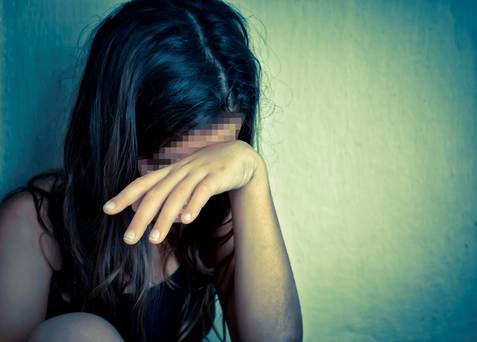Published: Irish Independent
Author: Dr. Malie Coyne
I was heartened to read Stella O'Malley's contribution, "Self-harm: how to hear your troubled teen's cry for help" (Irish Independent, September 11). As a clinical child psychologist working with children and families, it is an issue that is far more prevalent than one would imagine and which many parents understandably find very worrying and difficult to understand.
What is concerning is that when you combine a lack of understanding with a parent's immediate inclination to protect their child from any harm, the response can feel very panicky, which is not helpful to the child and may lead them to retreat further into their secret feelings.
If one is to view "self-harming as a distorted version of self-soothing", then it reminds us that it is a way of coping with the world and lessening emotional pain through the release of the brain's endorphins.
Granted, it is a very maladaptive way to cope as it is physically damaging and only provides short-term relief, but what is important is for parents to try to understand why their child is engaging in this behaviour and what function it is serving for them.
What can help parents to remain calmer is the knowledge that self-harm and the threat of suicide are different, as many who self-harm never go on to attempt suicide. Suicide represents the ending of a life, whereas self-harm represents a survival strategy and may reduce suicidal feelings for a time.
A common myth is that people who self-harm are just "looking for attention". However, a much more supportive and accurate view is that people who self-harm are actually "in need of attention". Children need to be responded to in a calm and thought-out way that acknowledges the distress they are experiencing rather than a negative and fearful reaction to the injury.
What can really help as a parent is to show your child that you care ("I noticed the scars on your arms. I am worried about you and interested in knowing more about them if you would feel comfortable in telling me?").
Try to explore with your child the reason behind the self-harm and any triggers. Most of all, slowly build trust with your child rather than being confrontational. In this way you have a better chance of encouraging them to seek the professional help they really need.
This 'letter to the editor' was first published in the Irish Independent newspaper on 18th September 2015 - Click here to view; Malie Coyne Irish Independent

